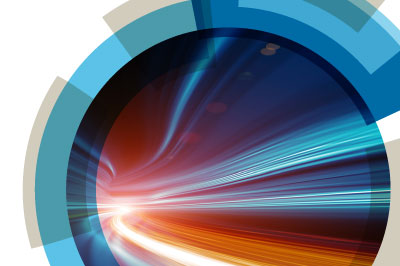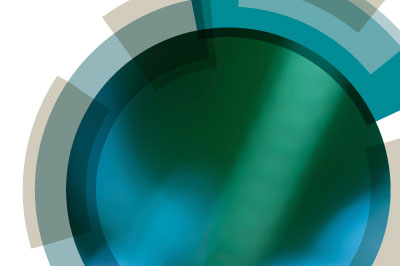Introduction
This meeting aims to set the agenda for the surface-enhanced Raman scattering (SERS) field for the next 10 years, by bringing the community together to welcome in new emerging priority areas and embracing the diversity of approaches and disciplines which are contributing to the growth and understanding of this optical phenomenon, especially in light of new theoretical and experimental data. It follows the highly successful Faraday Discussion on SERS in 2005, which mainly focused on the origin of the enhancement and the mechanisms behind this using the information available at that time.Academic and industrial interest in SERS has grown over the past decade. This is evidenced by the number of papers published involving the term ‘surface enhanced Raman’ increasing from 580 in 2005 to almost 2000 in 2014. There are also now companies dedicated to providing SERS surfaces and SERS based products. The miniaturisation of Raman instrumentation has also opened up the deployment of SERS as a technique into a much wider sphere of disciplines than traditional chemistry and physics.
Format
The Faraday Division have been organising high impact Faraday Discussions in rapidly developing areas of the physical sciences, with a focus on physical chemistry and its interfaces with other scientific disciplines for over 100 years.Faraday Discussions have a special format where research papers written by the speakers are distributed to all participants before the meeting, and most of the meeting is devoted to discussing the papers. Everyone contributes to the discussion - including presenting their own relevant research. The research papers and a record of the discussion are published in the journal Faraday Discussions.
Find out more about Faraday Discussions in this video:
Themes
- Theory of SERS enhancement
This session will discuss the basis behind the enhancement from plasmonic and possibly non-plasmonic enhancing surfaces and encourage discussion on this often controversial topic within the SERS community. We would hope to move towards a consensus on the origin of the enhancement effect since one mechanism is unlikely to be responsible for the observed enhancement in all situations. - SERS in biology/biomedical SERS
SERS has found application in a number of biological studies due to the ability to detect specific biomolecules and events at high sensitivity and in a multiplexed format. This session will set out some of the latest breakthroughs in using SERS for biological applications including immunoassays and ultra sensitive biomolecular detection. Issues on translating SERS into widespread use and applications across life sciences and clinical sciences will be a focus of this session. - Ultrasensitive and towards single molecule SERS
One of the great attractions of SERS is the ultrasensitivity reported with many groups showing single molecule detection. In combination with this is the opportunity to use tip-enhanced Raman scattering (TERS) which provides very high spatial resolution as well as potentially single molecule detection. This session feature talks on TERS and ultrasensitive detection with further discussion focusing around the validity of using SERS for ultrasensitive detection in a routine and robust manner. - Analytical SERS
This session will focus on the use of SERS in analytical applications. SERS has suffered in some cases due to lack of reproducibility and quantitation but improvements in understanding how to harness the surface chemistry more effectively have led to some excellent analytical applications emerging. This session will feature analytical work on forensically important targets and making reproducible nano surfaces as well as the SHINERS approach.
Supporting Division
Organised by the Faraday Division in association with the Analytical Division Division


















